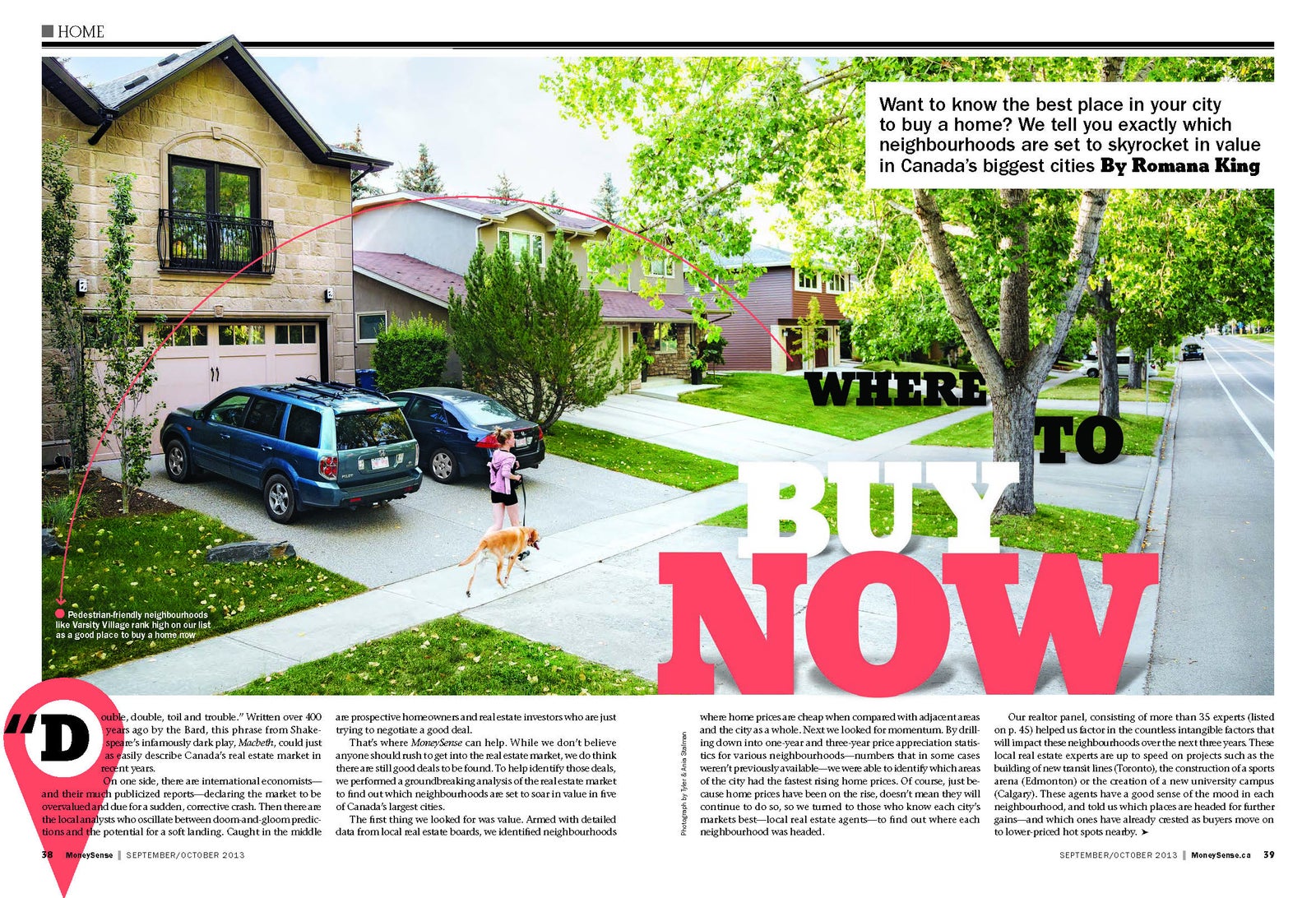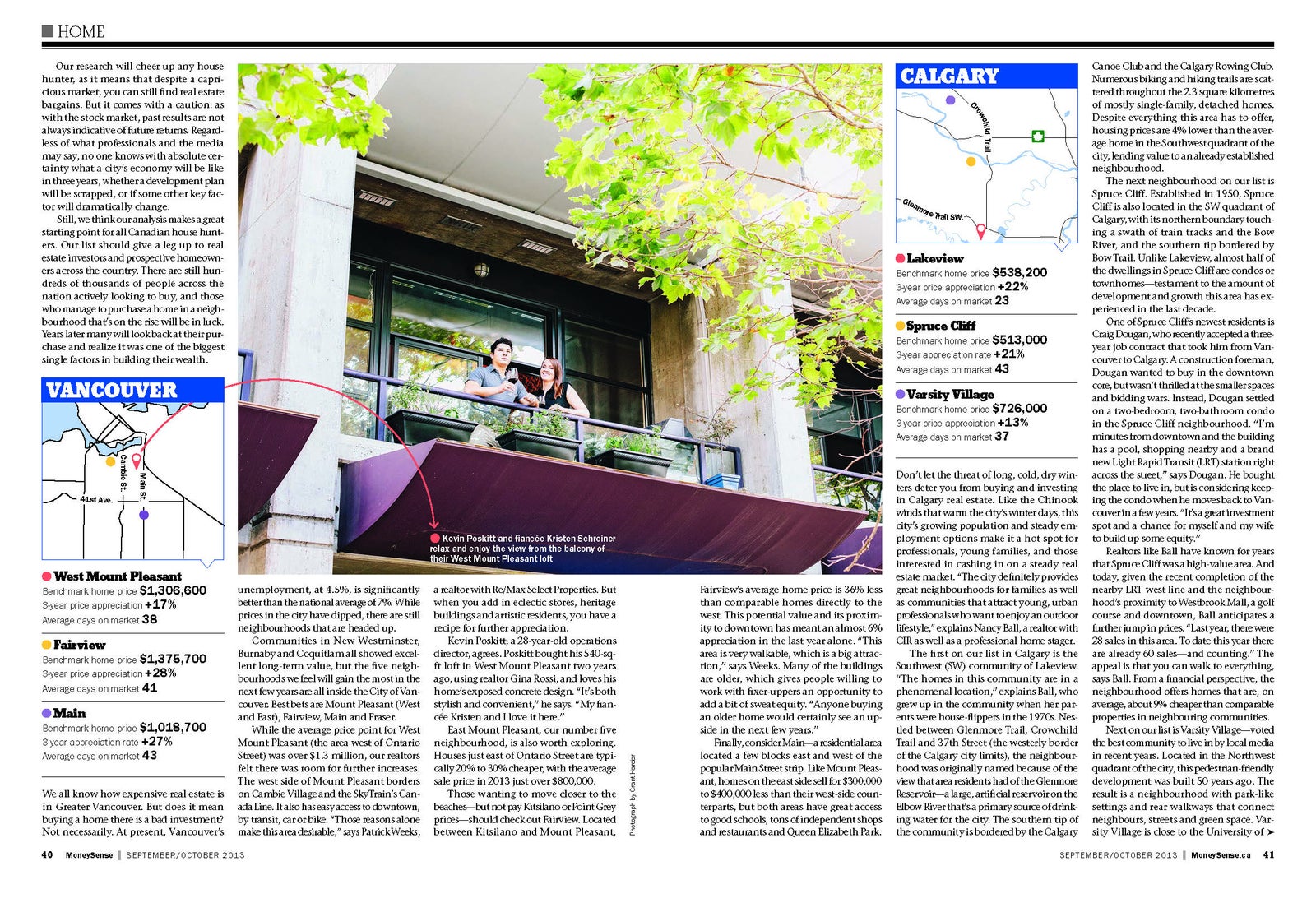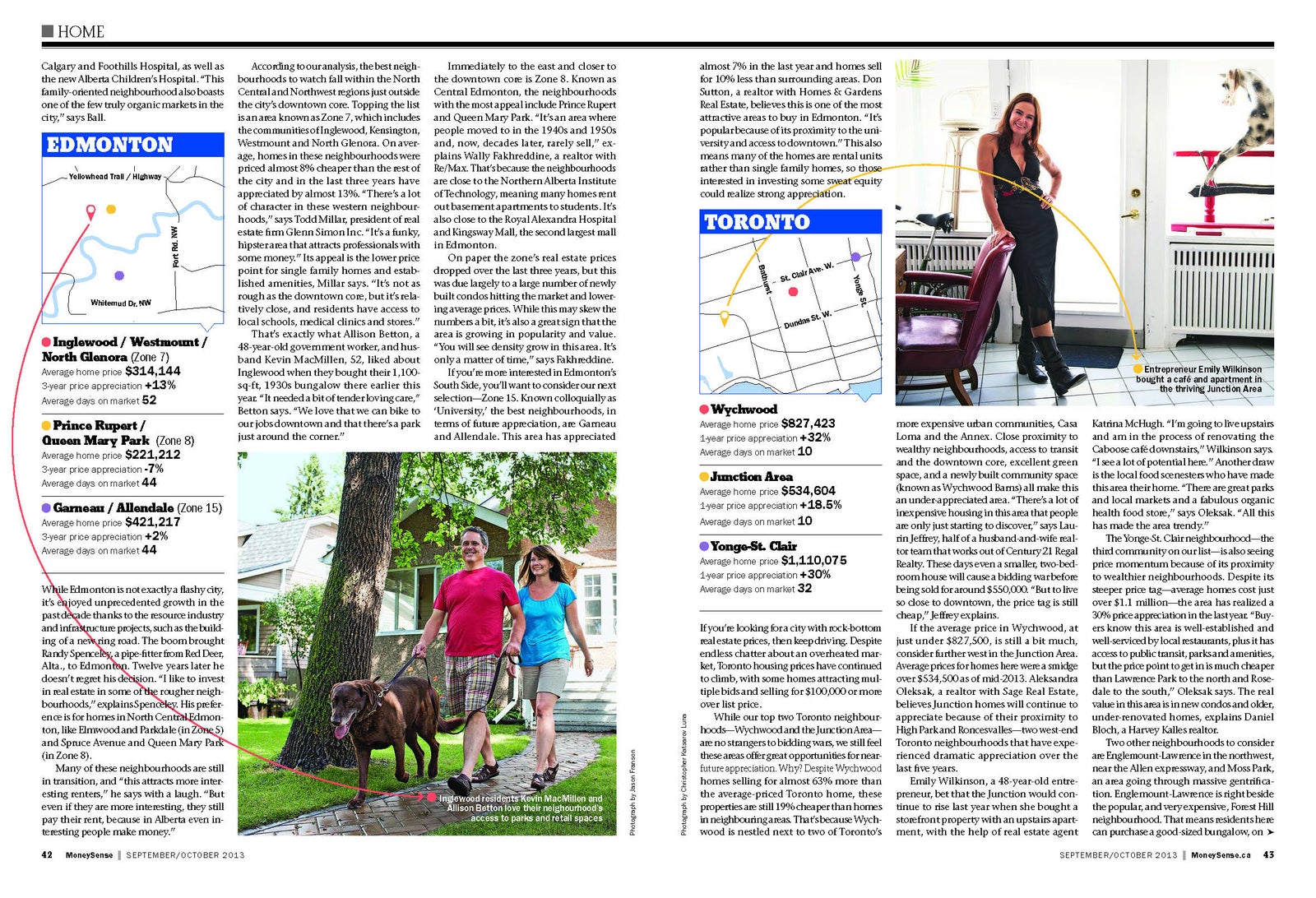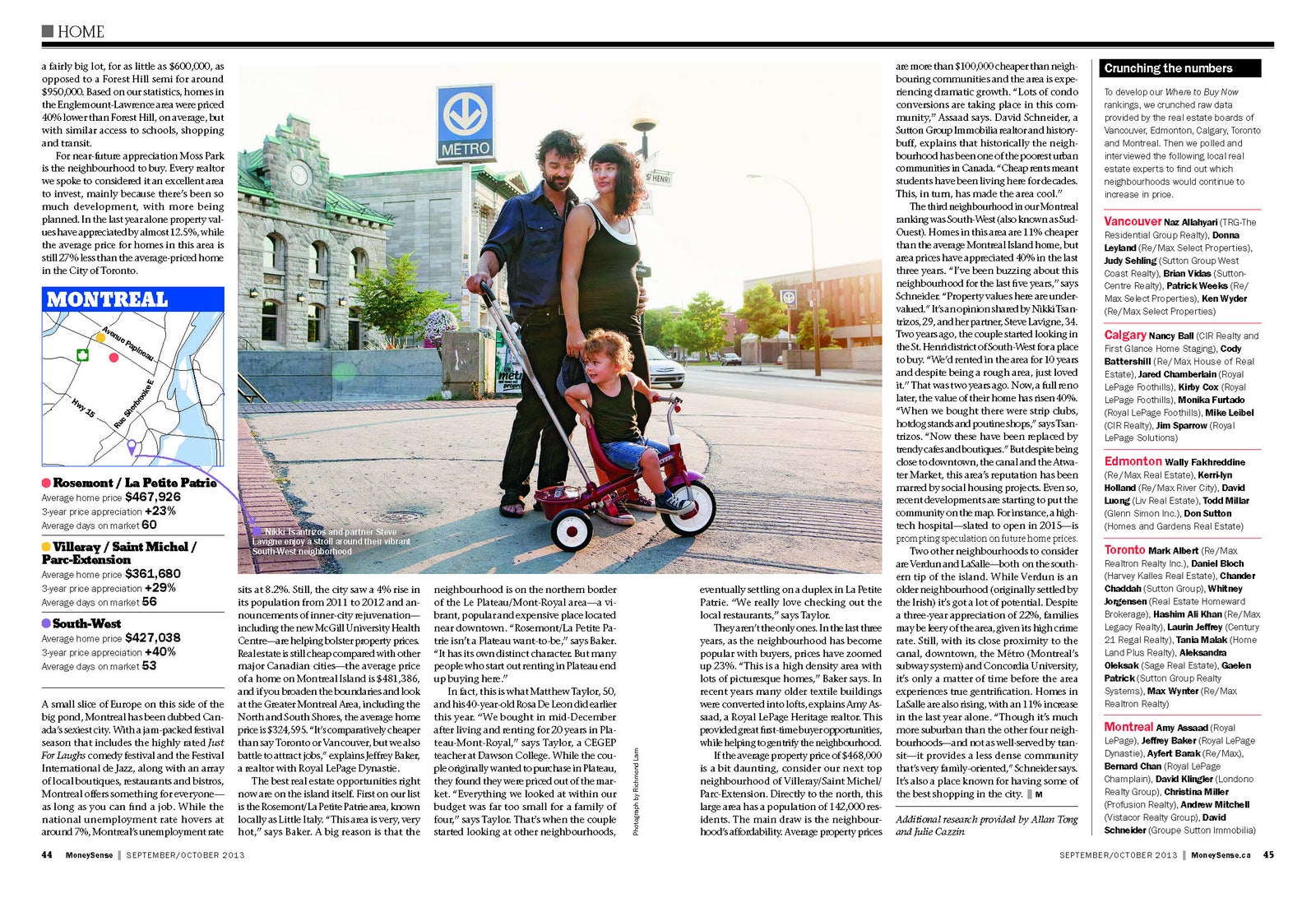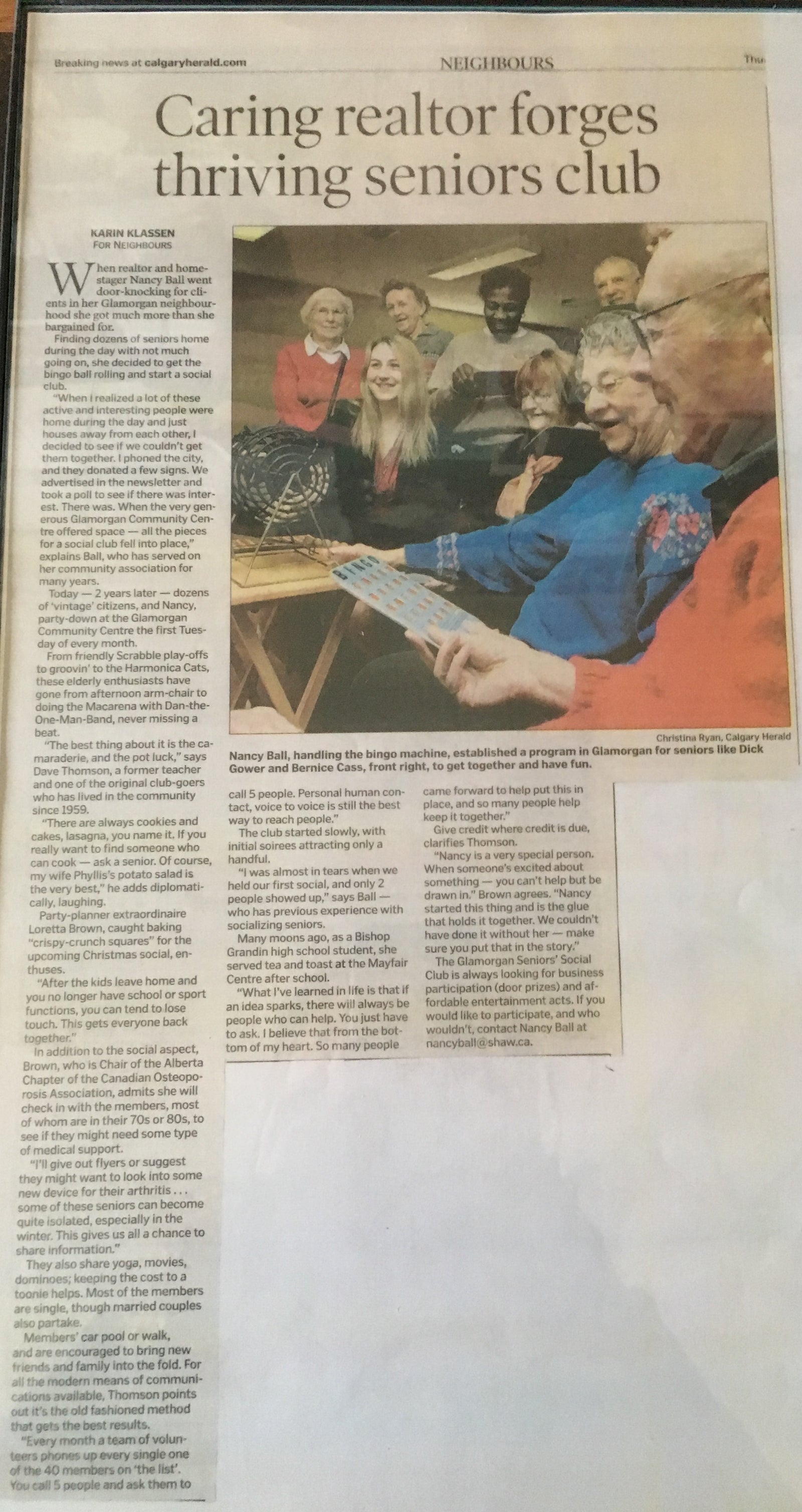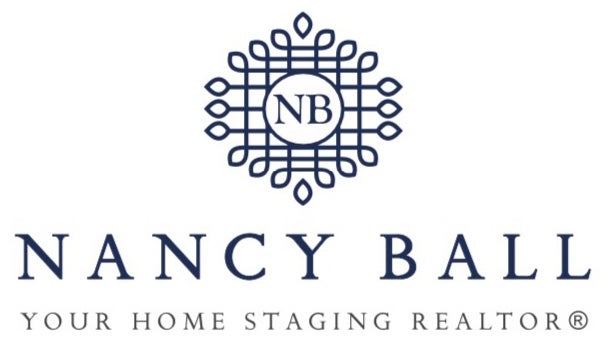STAGED FOR SUCCESS
With home staging, small details pay big dividends for sellers
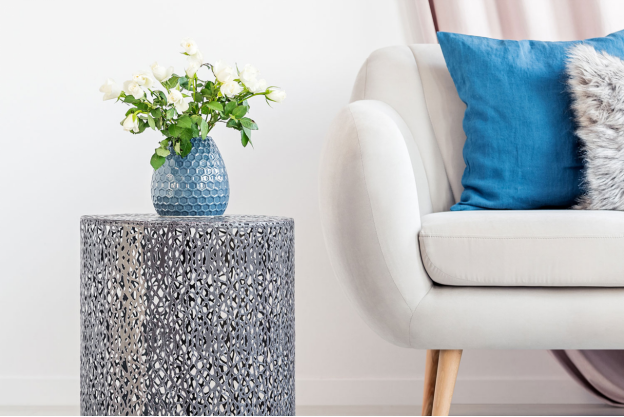
When you're selling your home in a buyers' market, the subtleties of staging can make a world of difference.
"Getting an edge on the competition is all about presentation and pricing," said Nancy Ball, a REALTOR® with RE/MAX Camosun, Victoria B.C & The AlbertaRE Real Estate Team. Ball has come to be known as the "Home Staging Realtor," and these are her tips for home-staging success.
Accessories
"You can add visual interest and help make your home photos pop with colourful toss cushions, a bowl of fruit or even some nice books on a shelf," said Ball. "My favourites are small fake plants placed in the bathroom or on an end table. Whatever you choose should have some flash without going overboard."
Lighting
"Side table lamps create instant warmth as soon as people enter the home and make it easier to picture yourself living there," said Ball. Be sure to have lights on a timer, as Realtors might not turn all the lights on when they show the home, especially during the day. You might also add a mirror in the front entrance that reflects natural light and makes the space feel larger.
"Getting an edge on the competition is all about presentation and pricing." - Nancy Ball, Realtor®
Art
"I love art, whether it's over the fireplace mantle or above the mattress when there's no headboard," said Ball. "It produces that grand look when you first walk into a room, and you can even choose colours that match other accessories for greater effect."
Paint and flooring
In today's market, it may be worth painting the walls or replacing the flooring to really stand out.
"Paint and flooring are things people really notice and will quickly pay for themselves when you sell," said Ball. "Another option is to offer an allowance to cover those jobs and let the buyer choose what they want."
Price
It's not as sexy as fine art or warm lighting, but aggressive pricing is still critical.
"Do your research and see what else is on the market," said Ball. "Remember that it's not what other homes are priced at that's important – it's what price they sold for that matters."
If it sounds like a lot to think about, it helps to remember that there's a reason Ball has been busy helping other Realtors with staging for the last 17 years: it works.
"From my own research, I can safely say I have added value for clients with these touches by attracting more buyers to the table," said Ball. "People make decisions based on emotion, so the more you can make them feel at home, the more likely that they will want to stay there."
Writer, Geoff Geddes, Local Real Estate Board
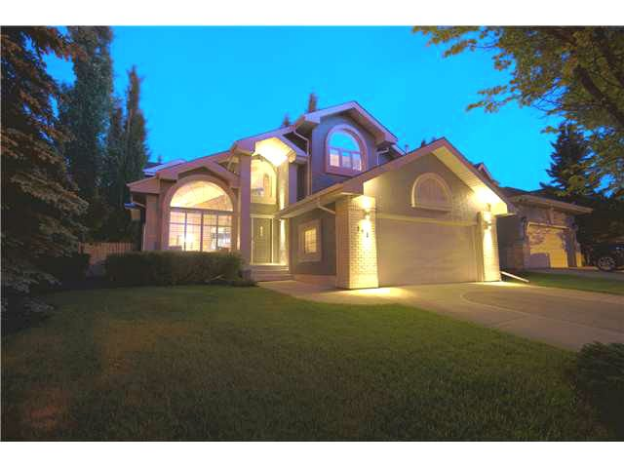
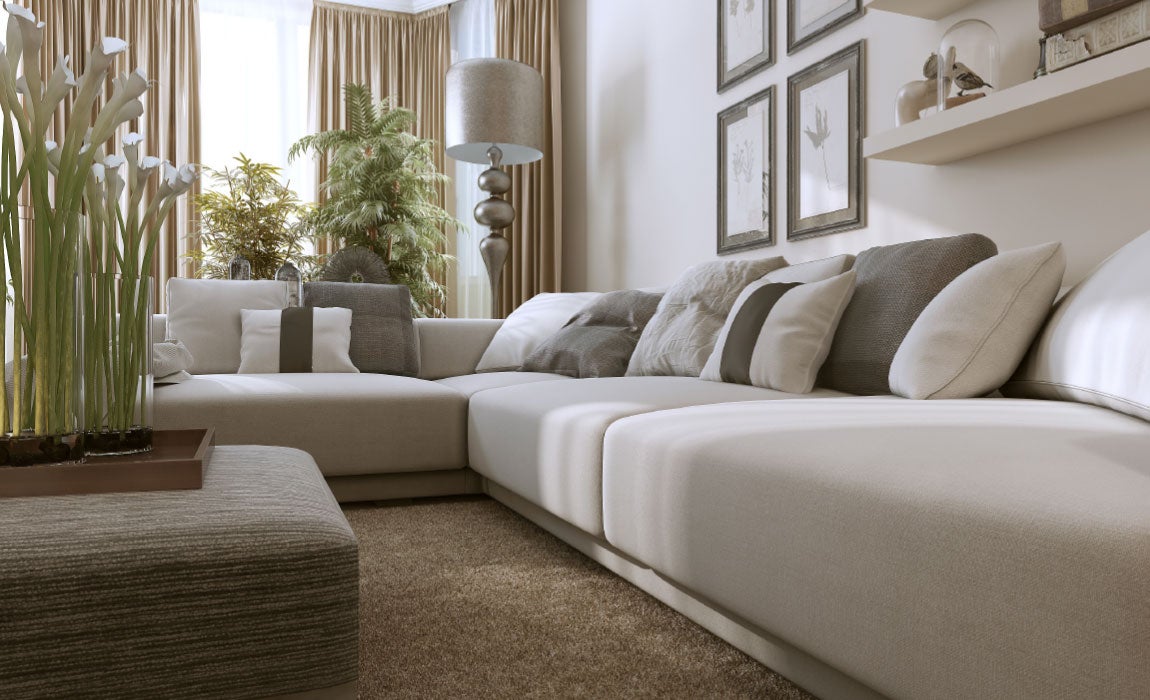 Not only our prices low, but current interest rates on mortgages are still historically low, Mr. Charbonneau says. A review of interest rates at
Not only our prices low, but current interest rates on mortgages are still historically low, Mr. Charbonneau says. A review of interest rates at 